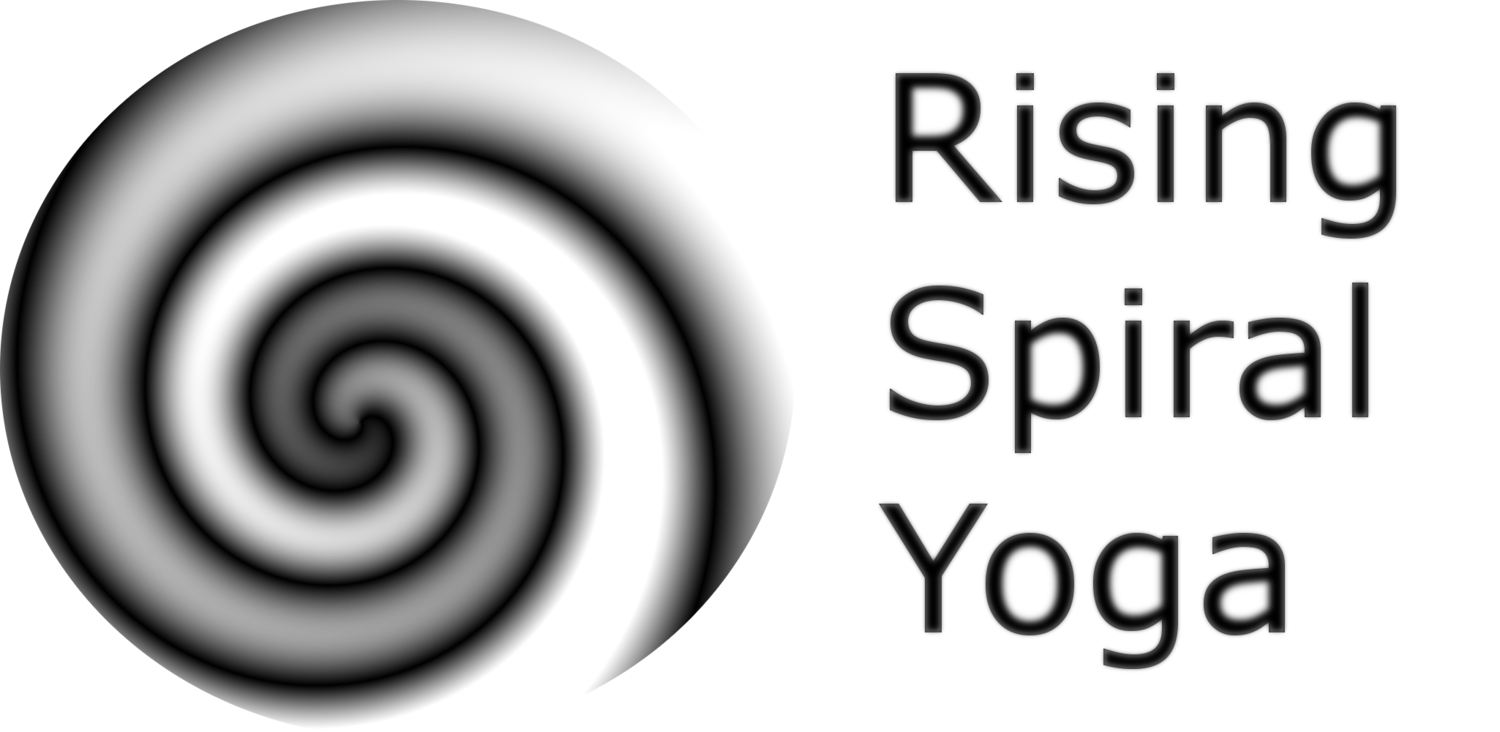I have always been interested in words. Their colour, their tone their shape. When I was a child I would be constantly asking my mother the meaning of any new word I came across. Being the kind of woman she is my mother, on seeing this spark of curiosity, would go through the dictionary and sprinkle a few new and challenging words for me to innocently enquire after. The longer the better. I was captivated by this association of sound and meaning. It would be many years until I would learn about semantics and synonyms.
Often lately I see the word ‘tribe’ in places I hadn’t encountered it before. Particularly in association with yoga. It seems very fashionable. A quick internet search of ‘yoga’ and ‘tribe’ will yield scores of results. What fascinated me was my response. While I could understand the inclusive context it was being used – the attractive message of finding and meeting a group of like-minded supportive people – the feeling I get from the word is exclusive. Us vs them. I much prefer the slightly old-fashioned sounding ‘community’ which seems to me somehow warmer and more inclusive, though I’m not entirely sure why. Perhaps it’s because I feel the word ‘community’ does not limit people to a particular type. Perhaps it’s some other association with the word.
One way of exploring this notion is to think your first impression of some word, say, ‘school.’ I’m confident most people’s rough definition would be something like ‘a place of education for young people’ or similar. When we use the word we assume that our meanings are the same. Something we carry with words are close associations to meanings. Other related experiences, emotional highs and lows. For many people in the world their experience at school begins age 5 and concludes around age 18; a significant span of formative years. So thinking about associations is your first impression of the word ‘school’ of a particular age? A shape or feeling of a building? Is it a sense of sporting triumph or maybe social awkwardness? Is there a grudging sense of tedium, or perhaps the excitement of opportunity? Our minds are powerful associative machines and a simple word can spark a domino effect of associations and feelings; a kaleidoscope of possibilities.
[Image Credit: followtheseinstructions on Flikr]
Of course the meanings of words change with use over time, though it seems to me our associations can be a little more stubborn. I wonder if the apparent increasing concern about political correctness in language is less about fear of causing offence (or perceived increased sensitivity to offence), rather we are witnessing a shifting of meanings coupled with associations. Assumptions of what was culturally safe language now coming under scrutiny as attitudes change. Perhaps the more inclusive form of the word ‘tribe’ will prevail and my associations of exclusion will also change.
What I find fascinating in all this is that we are constantly using words to communicate and assuming we share the same meanings - it’s quite amazing we can understand each other at all! Still misunderstanding is common - as evidenced by internet discussion forums - whether accidentally or deliberately. In short we need nuance and subtlety. Thankfully we are not solely reliant on words to communicate, we have visual arts, music, song, touch, dance, movement, expression and silence.
Words are powerful symbols. We have minds that seem to get continually confused with this, commonly mistaking a symbol for the real thing. We might say a word like ‘tree’ without much consideration to the vastness of life, the awe inducing majesty of one tree in it’s whole essence. The symbiotic relationship of the environment and, ultimately, with ourselves. Where distinctions of perceived and perceiver become much less defined. This reminds me of reading about the Zen story of the Flower Sermon. Inspired by this I once sat to observe a candle seeing if I could do so without naming anything. My mind was full of chatter describing the light, the reflections, the shapes and the shadows. Then after some time, for the briefest of moments, the chatter stopped and I wordlessly experienced the candle. For me the experience was as quiet as it was profound.
Words and the wordless have power. Use them well.

![[Image Credit: followtheseinstructions on Flikr]](https://images.squarespace-cdn.com/content/v1/5657015ee4b0702d37e96fd0/1562840676107-5EL1UT44B7XR8UE4CTZ1/5928673565_75d3dc011a_z.jpg)